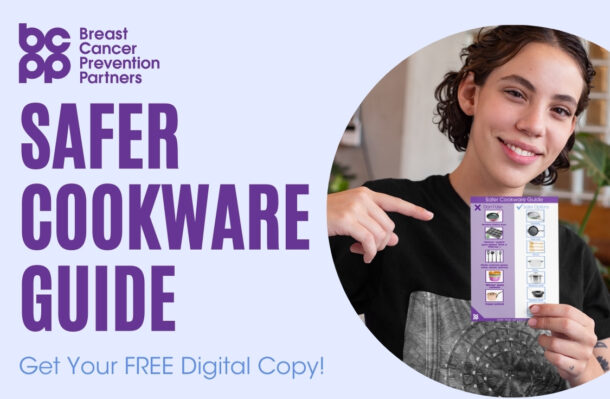BCPP's Safer Cookware Guide
Don’t Use
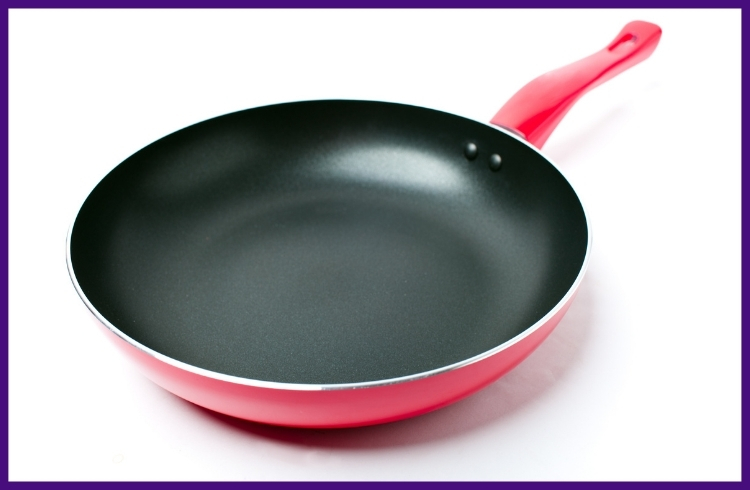
Nonstick (Teflon) pans
May contain toxic, forever PFAS chemicals and other unidentified toxics that can be released when heated.
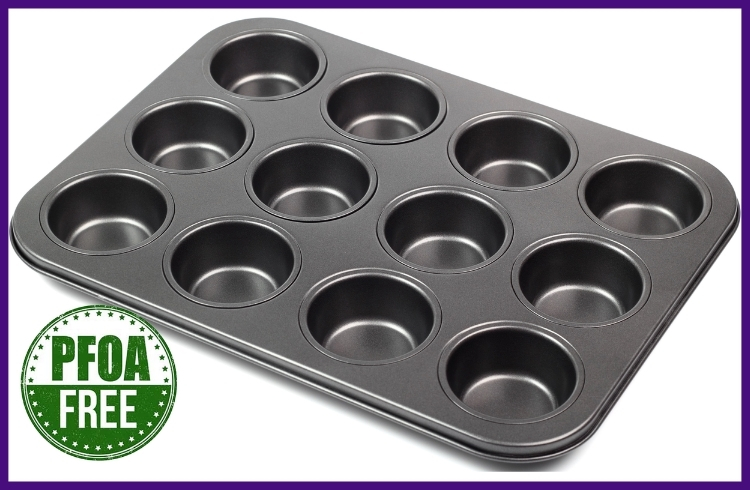
“Nontoxic” nonstick pans
Even nonstick cookware labeled as ‘Nontoxic’ or ‘PFOA & PFOS free’ can contain sneaky toxics, like another form of PFAS ‘forever chemicals.’
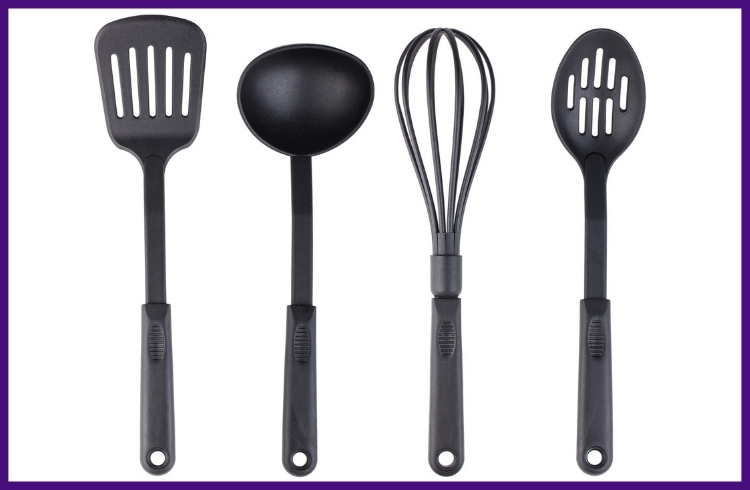
Plastic cookware (plates, bowls, utensils, spatulas)
May leach harmful BPA and phthalates, especially when heated. Even “microwave-safe” plastic can leach chemicals into food.
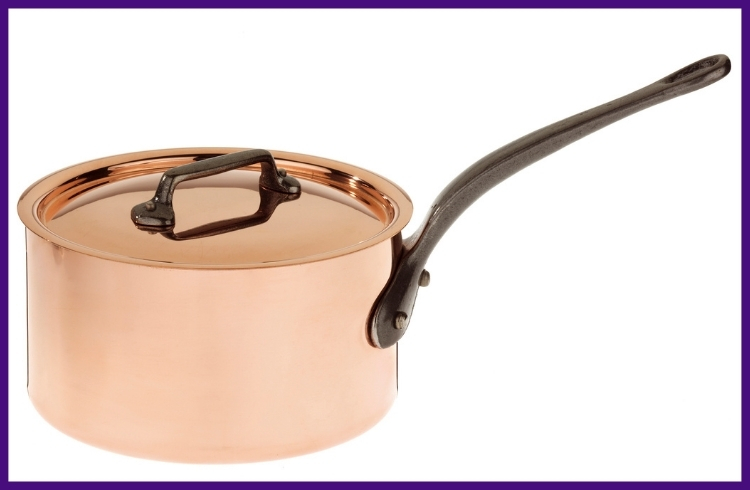
Copper (unlined)
While small amounts of copper are non-toxic, higher levels in the body can be harmful. Avoid copper unless lined with stainless steel.
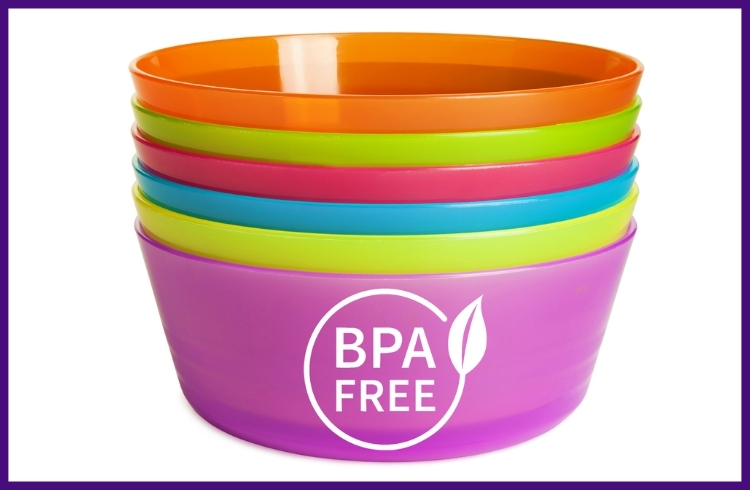
"BPA-Free" Plastic Cookware
These plastics may contain other harmful or questionable BPA alternatives, like BPS.
Safer Options
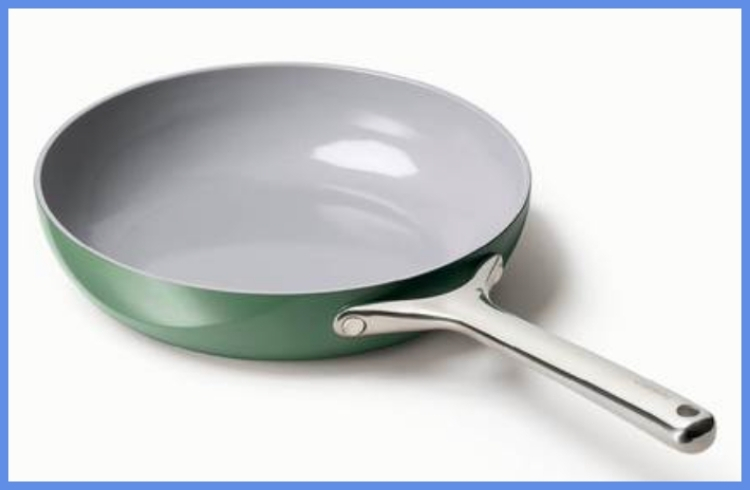
Ceramic
Naturally non-stick at low and medium temperatures, ceramic is safe and nontoxic. Still, double check for any sneaky, added ‘nonstick’ coatings. Look for ‘lead and cadmium-free’ on the label to ensure the glaze doesn’t contain these heavy metals.
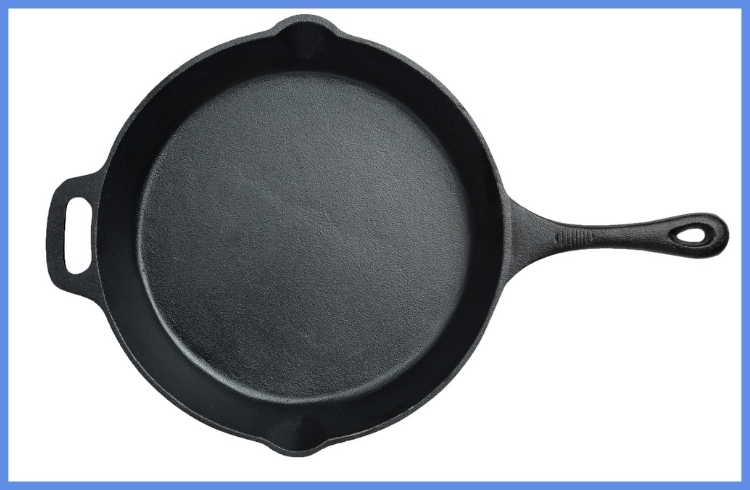
Cast iron
Cast iron is naturally nonstick when cared for properly and can last beyond a lifetime. Plus, a boost of iron is beneficial for many people, making this a highly recommended option for daily cookware.
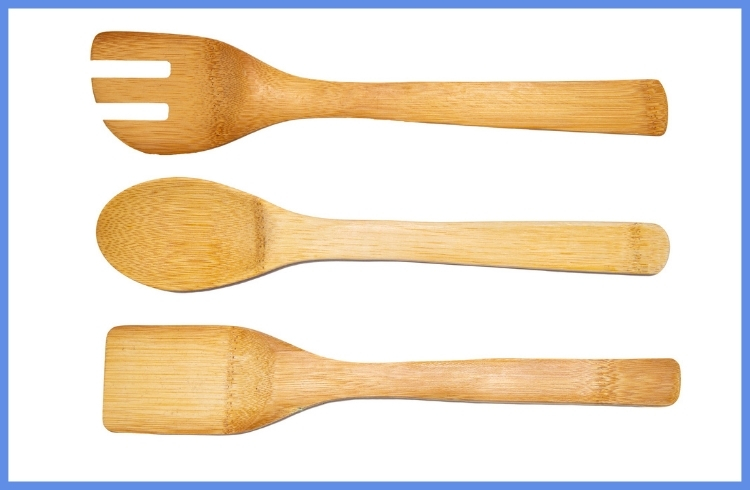
Wood
Woods like bamboo, cherry, and acacia are both beautiful and safe to use.
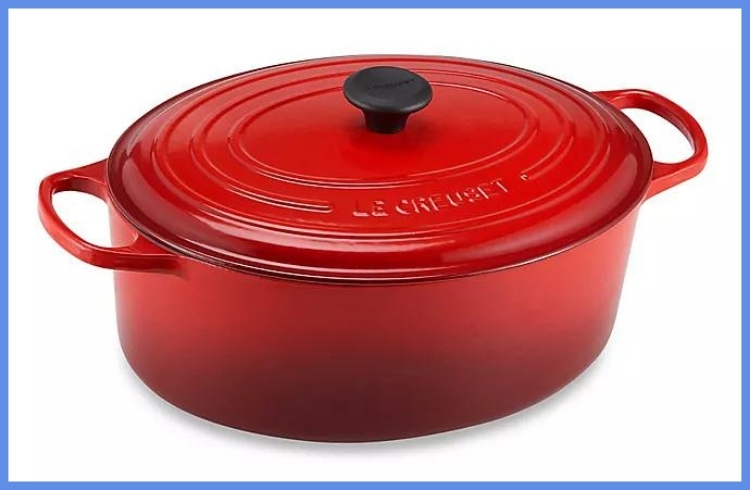
Porcelain enamel
Most often made of cast iron with an enamel coating, enamel is made of glass, which is the safest option. Make sure the glaze is lead and cadmium-free.
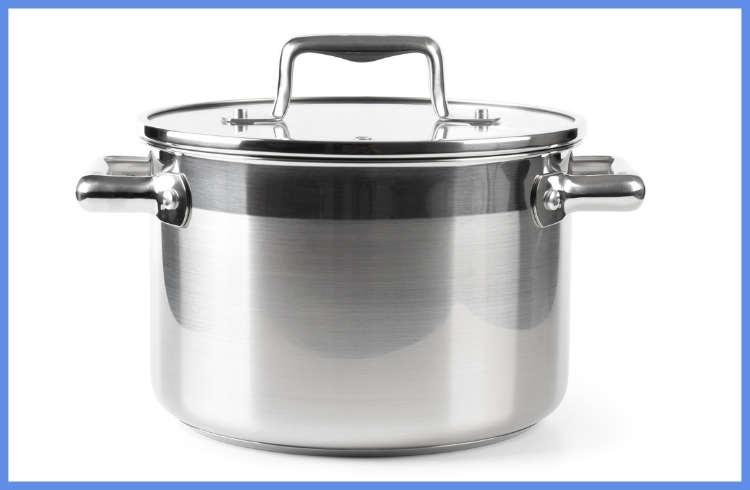
Stainless Steel
High quality stainless steel is non-toxic and generally safe. Low quality stainless steel may contain nickel, which can be an allergy concern for some people.
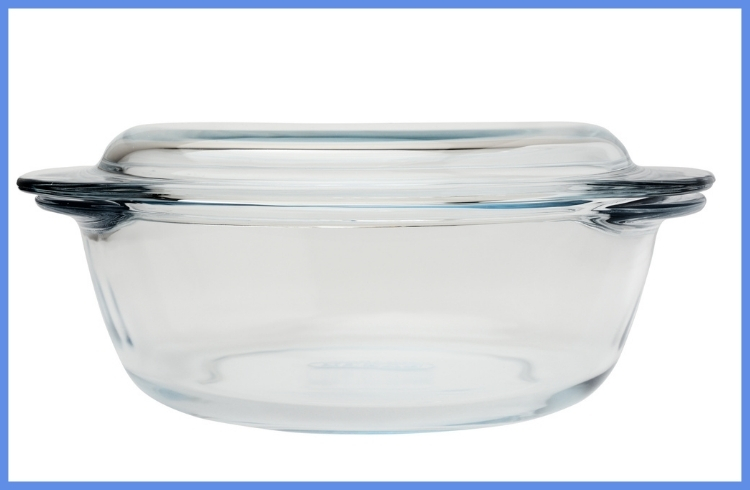
Glass
Glass is the safest and most inert material for cookware and food storage.
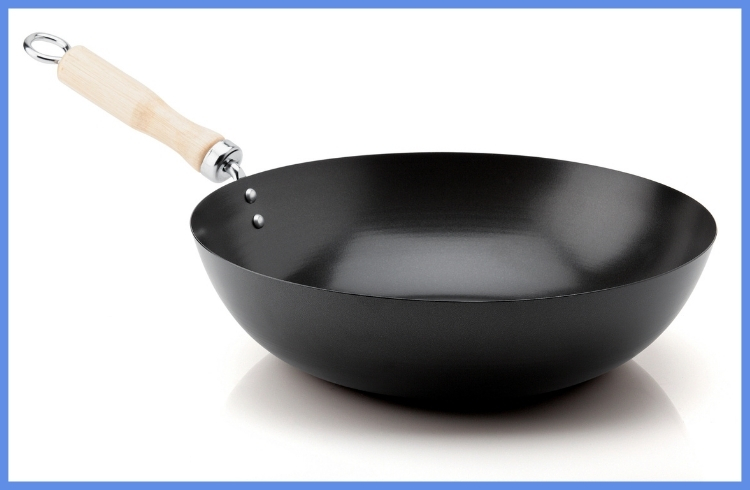
Carbon steel
Carbon steel is hardy and good for high-heat cooking. It can release small amounts of iron into food, similar to cast iron, which is nontoxic at low levels and even beneficial for health.
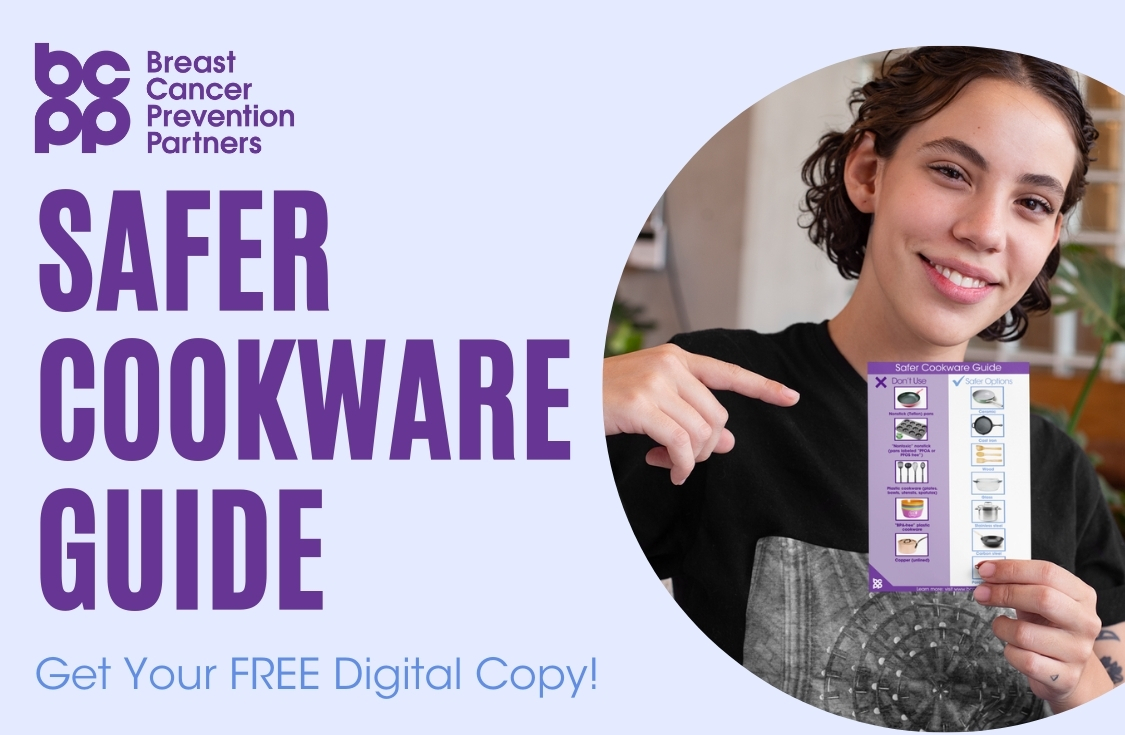
Download Our Safer Cookware Quick Guide
Check your inbox!
What’s Toxic?
Bisphenol A (BPA) is a toxic, endocrine-disrupting chemical that negatively impacts our hormonal systems, contributing to a host of harmful health effects. Hundreds of scientific studies have linked extremely small amounts of BPA, measured in parts per billion and even parts per trillion, to an increased risk of breast and prostate cancer, infertility, type-2 diabetes, obesity, asthma, and behavioral changes including attention deficit disorder.
PFAS, or perfluorinated chemicals, are a group of thousands of chemicals referred to as ‘forever chemicals’ because they don’t break down in the environment. PFOS and PFOA are individual chemicals within the class PFAS. PFAS exposure can lead to serious health problems including breast and other cancers, birth defects, hormone disruption, kidney and liver damage, and thyroid disease. They also disrupt our immune system and may decrease our bodies’ response to vaccines.
Phthalates are a group of endocrine-disrupting chemicals used to soften and improve the flexibility and durability of plastics. Exposure to phthalates has been linked to breast cancer, developmental issues, decreased fertility, obesity and asthma. Although some regulations ban phthalates in certain children’s products, they are still widely used in many cooking and food storage products.
Take action to make cookware safer for everyone
Legally, manufacturers don’t have to tell you what’s in your pots and pans, even if they contain harmful, toxic chemicals. BCPP is working to pass state and federal laws that will give you the right to know if the cookware serving you and your family contains toxic chemicals. Take Action

